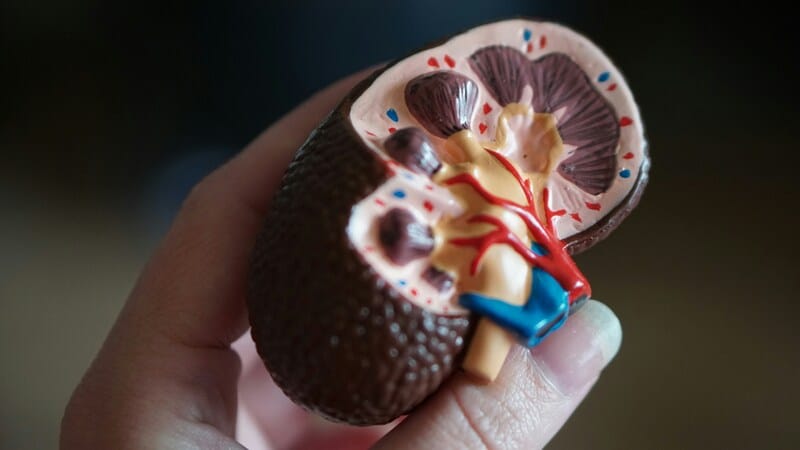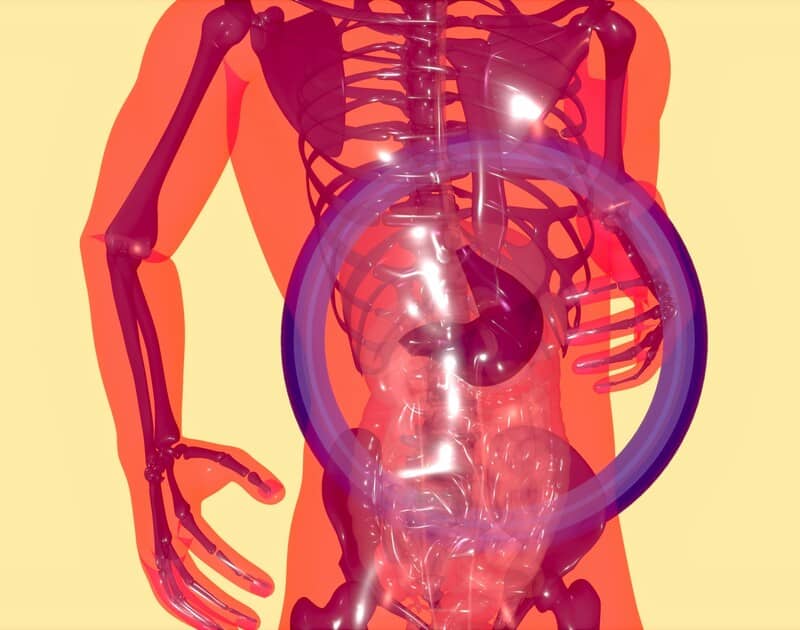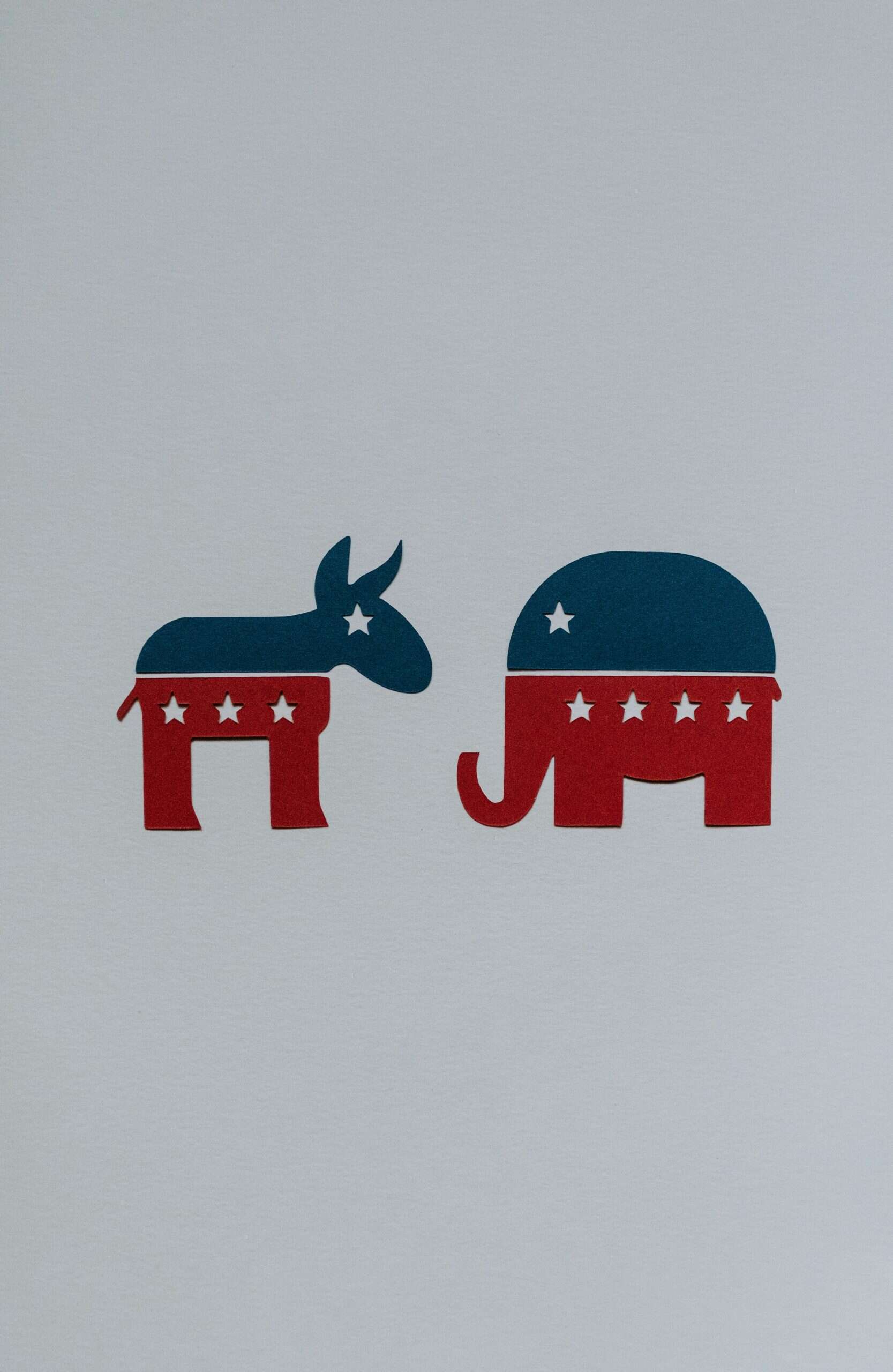In the medical community, kidney stones go by numerous names such as urolithiasis, renal calculi, and nephrolithiasis. These kidney stones are a collection of salts and minerals that form into hard deposits within the kidneys. Besides the kidneys, these stones may impact other parts of the urinary tract and form as urine concentrates, resulting in minerals crystallizing and sticking together.
Understanding Kidney Stones
Although passing kidney stones is excruciatingly painful, they don’t have any long-lasting effects on the body. Once these stones are identified, you can get proper treatment that is relatively simple. Generally, drinking water and taking pain medication can help you pass kidney stones more easily. Despite this straightforward approach, you may need more help if the condition worsens. Specifically, these stones can become stuck in your urinary tract, leading to urinary infections or other health complications requiring surgical intervention.
Even if you get over kidney stones, it’s still possible to develop them again. As a result, your healthcare provider may provide preventive measures to lower the risk of development. Not only that but being proactive in treating kidney stones also reduces your chance of getting them again.
Symptoms
Typically, kidney stones don’t become noticeable until they shift position within your kidneys. Another way they make themselves known to you is when they enter one of your ureters, the tubes connecting the kidneys and bladder. Once you’ve reached this point, these stones can obstruct urine flow, cause swelling in your kidneys, or make your ureter spasm, putting you in severe pain.
Consequently, you may experience various symptoms including pain in your back and sides or below the ribs where it can radiate to your lower abdomen or groin. Additionally, this pain may occur inconsistently or fluctuate in intensity. Likewise, you may feel a burning sensation whenever you urinate.
Other symptoms you can experience from kidney stones are red, brown, or pink-colored urine, foul-smelling or cloudy urine. You may also have inconsistent urination patterns where you frequently urinate or don’t do so in small amounts. Moreover, you may have nausea and if symptoms worsen, you can develop chills or fevers. Furthermore, you can experience different levels of pain depending on how and where your kidney stones end up forming in your urinary tract.
Causes
Unfortunately, you don’t develop kidney stones from one cause as their formation is mostly due to various factors. To be precise, you get kidney stones when these crystallized substances including uric acid, oxalate, and calcium exceed urine capacity. What’s more? Even substances preventing this crystallization of substances can contribute to the formation of these stones. Therefore, you must understand what type of kidney stones you have as they may reveal underlying conditions causing them. With that said, you should save your kidney stones for your doctor to analyze so you can get the best treatment possible.
4 Types of Kidney Stones

Four types of kidney stones exist with distinct characteristics that you should know. The most common type is known as calcium stone due to its composition of calcium oxalate. Surprisingly, consuming high vitamin D or dietary factors may contribute to these elevated oxalate and calcium levels in the urine. If you underwent intestinal bypass surgery or have a metabolic disorder, you may have high levels of these substances as well. Interestingly, calcium stones can change their form to calcium phosphate.
While calcium phosphate stones develop from metabolic conditions or by taking certain medications, struvite stones form rapidly due to urinary tract infections. Additionally, uric acid stones occur when you have certain health conditions such as metabolic syndrome or diabetes. Having genetic predispositions may also increase your chance of developing these kidney stones. Lastly, the hereditary disorder, cystinuria, may lead to the forming of cystine stones, which affects your body’s ability to push out amino acids.
Risk Factors
Several risk factors may lead you to kidney stone formation. For starters, personal history or genetics may contribute to the occurrence of kidney stones. Additionally, dehydration can cause their development as water helps the body move these minerals through the body more easily. Engaging in certain diets, specifically ones centering on sodium, sugar, and proteins may increase your risk due to the high calcium in your kidneys.
Besides dietary factors, problems with obesity, weight gain, and high body mass index (BMI) are all linked to kidney stone formation. Medical procedures like bariatric surgery and certain digestive diseases including inflammatory bowel disease can play major roles too. These specific factors disrupt your body’s ability to absorb water and calcium, leading to these substances forming in the urine.
If you have certain medical conditions, you may be susceptible to developing kidney stones. These conditions include cystinuria, hyperparathyroidism, and renal tubular acidosis. Even reoccurring urinary tract infections can be a cause of these stones forming. Taking certain medications and supplements may make you more prone. In particular, dietary supplements, vitamin C, calcium-based antacids, laxatives, and depression or migraine medications can increase your likelihood of developing kidney stones.
Final Thoughts
For questions concerning kidney stones and their symptoms, talk to your doctor for answers to ease your worries. Experiences of severe pain preventing you from being comfortable may require swift medical attention. If your pain leads to nausea, fever, or chills, you should seek medical help to address these issues. Lastly, struggling to pass urine or finding blood in the urine needs immediate attention from a doctor to prevent future complications.
Disclaimer: This article is intended simply to provide information. It does not replace the medical advice of a physician or other medical professional. Please speak with your doctor or therapist if you have any questions or concerns.









